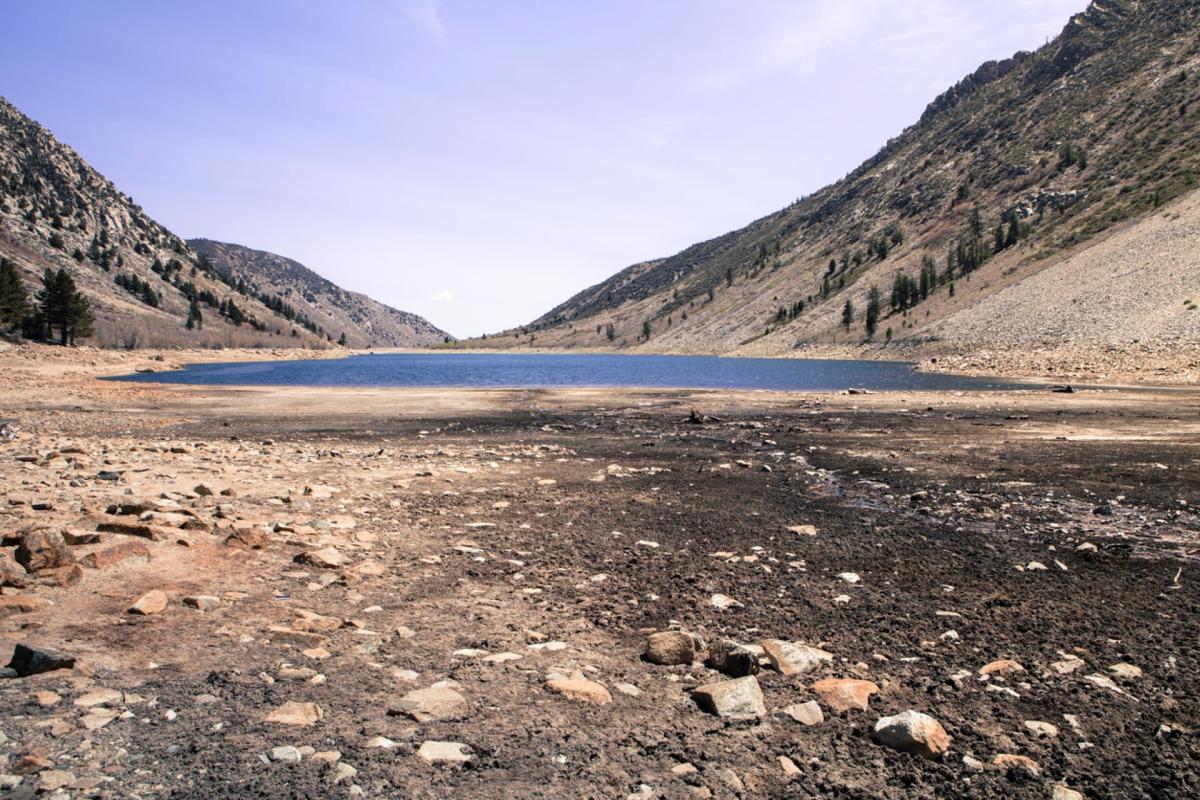It’s been three weeks since the chaotic end of the 2024 legislative session, which lawmakers ended without doing the one thing Minnesotans expect of them in an even year: provide the state’s capital spending.
Last year, with the state raking in a $17 billion surplus in tax revenue, lawmakers increased the two-year budget by 37%, the most since the mid-1970s. This year they could not agree on issuing bonds that are routinely made to pay for the maintenance of state facilities and the construction of new ones.
They turned Minnesota into that family down the street who has a pontoon boat and is spending Christmas abroad but doesn’t want to weed the lawn or fix the screen on the porch.
Gov. Tim Walz expressed disappointment that lawmakers have failed to pass a bond bill, but he won’t call a special session to force them to do so, his spokeswoman told me last week. They had plenty of time during the session, Walz said.
That’s true, but two wrongs don’t make a right. Lawmakers’ inaction and Walz’s decision to let it go are not good for Minnesota’s economy, nor for the state agencies and cities that manage public assets, from water systems to bridges and buildings.
My colleague Lori Sturdevant delved into the political reasons and implications of what she called the “non-binding setback” shortly after the session closed. Last week, one of the state’s veteran lobbyists, Jim Erickson, argued on the op-ed pages that Walz and lawmakers still had time to correct their mistake.
“This massive missed opportunity is the worst news of the recent session,” Erickson wrote. He politely praised lawmakers who did the hard work of vetting projects only to see it was for naught.
The less polite assessment is that leaders in St. Paul are making a hash of Minnesotans’ money and collective property. They undertook the largest expansion of state government that most living Minnesotans have ever seen. Then they ignored the state’s infrastructure, the most basic thing they should be doing.
“You can have a wide range of political opinions and still recognize that there are legitimate things that the state needs to take care of financially,” said Craig Johnson, a lobbyist with the League of Minnesota Cities. “That didn’t work out this year.”
To be fair, last year’s spending did include investments in infrastructure, primarily to take advantage of available federal funds. I should also note that the Legislature’s inaction on bonds this year will have no impact on the state’s labor market and economy. Most construction and other projects now in progress were paid for with previously issued bonds.
“We have funding for loans and grants for projects that were on track this summer,” said Jeff Freeman, executive director of the Minnesota Public Facilities Authority, the state agency that oversees municipal financing. “Many of the projects that were supposed to be built next year will be put on hold. We’ll have to wait and see.”
Of course, this has happened in the past, including in 2022. If that happens, all the work that municipal and provincial leaders have done to prepare projects – studying alternatives, getting feedback from residents, estimating costs – thrown into the air.
Hardest hit are small communities that have few taxpayers and, without help from the state’s bond-issuing ability, have little ability to pay for things that break.
The water tower in Kennedy, Minnesota, froze in 2017, rendering it unusable and irreparable. The community of 168 people is supplied with water via a national system with a 30 kilometer pipeline. However, because there is no place to store water, the volunteer fire brigade is unable to fight a house fire. They have a 5,000 liter tanker, enough water for about 10 minutes of firefighting.
After working with consultants and engineers for several years, city leaders in Kennedy decided to build a series of underground water storage tanks that could hold more water and be less expensive than a new tower. The project would cost approximately $2.4 million.
In late April, City Clerk Melissa Woinarowicz made the long drive to St. Paul for a five-minute appearance before the House Capital Investment Committee to request $734,000, the last money the city needed for the work. Three weeks ago, she watched public television all weekend, waiting for lawmakers to pass the bail bill.
“I was very sad on Sunday when I saw that the bail bill was not discussed,” she told me last week.
She’s unsure of the city’s next steps. Kennedy residents pay an average of $63 per month for water. If they were to pass on the cost of the storage tank to them, their monthly bills would increase by $30 to $40, Woinarowicz said.
‘We want to keep Kennedy alive. It’s a great town. If we keep raising the cost of living, how can people stay?” she said.
I look at what happened with the bonding bill and see it as another sign of misplaced economic priorities in the legislature. Kennedy’s people watch it and have to hope nothing catches fire.






